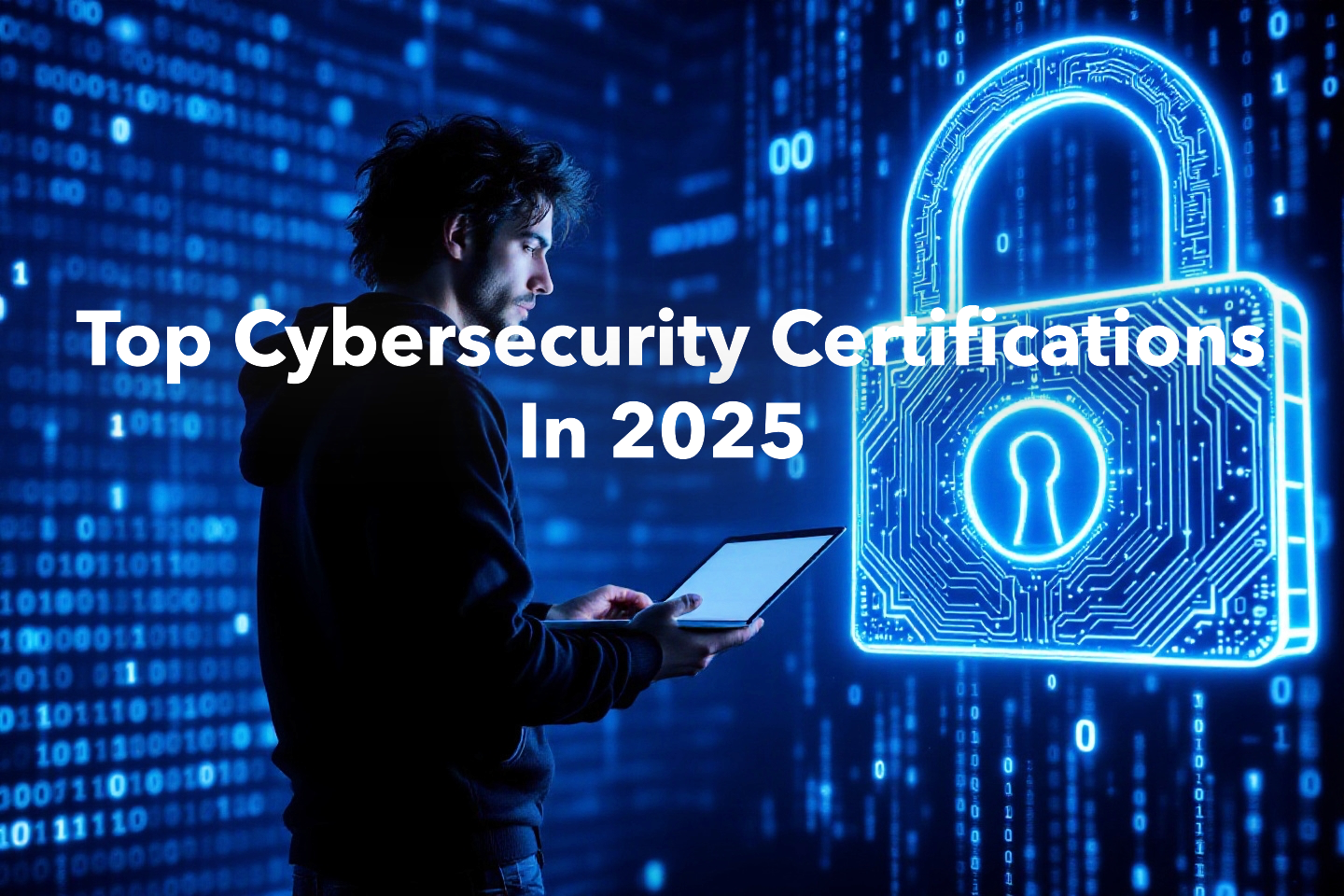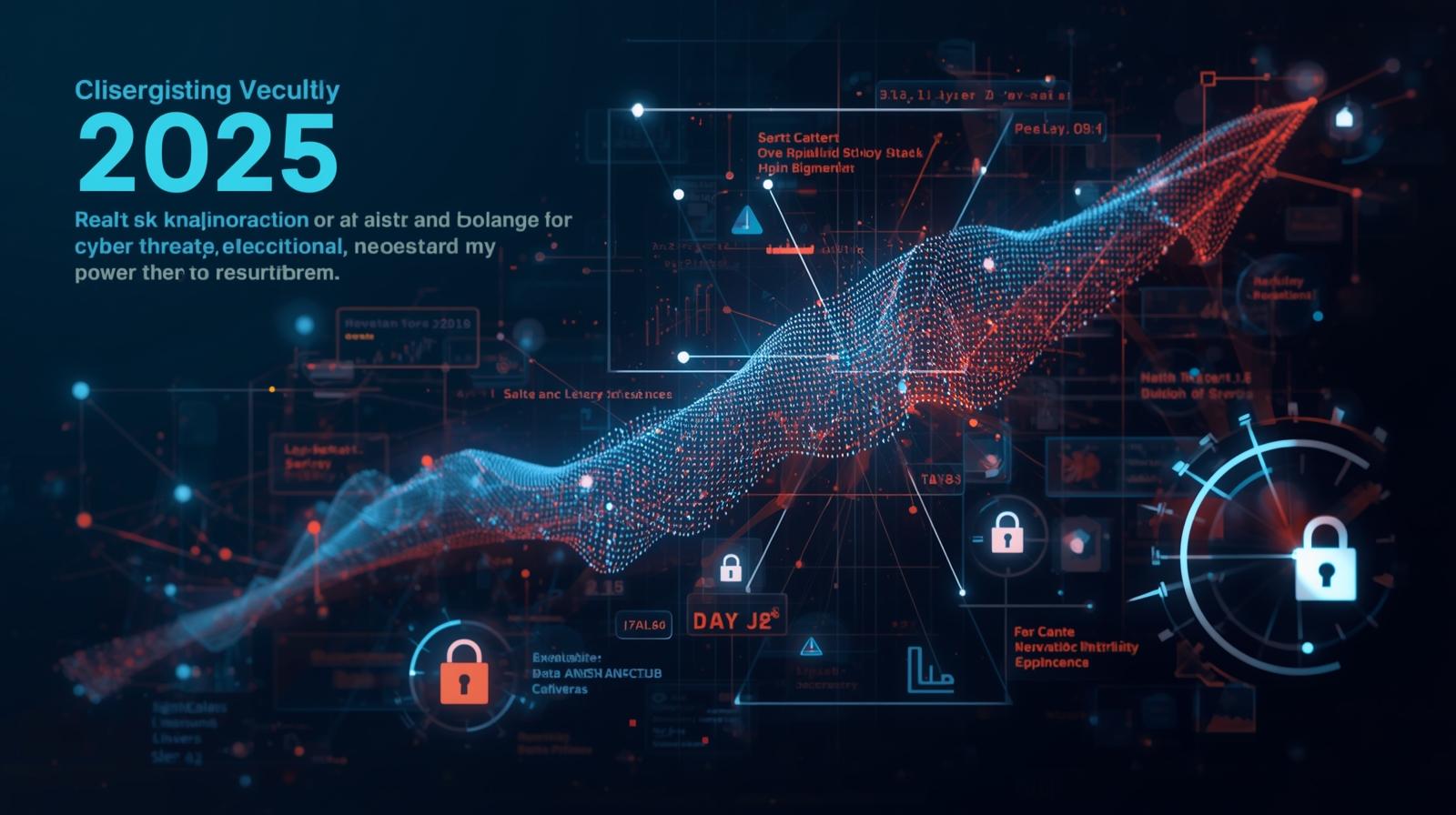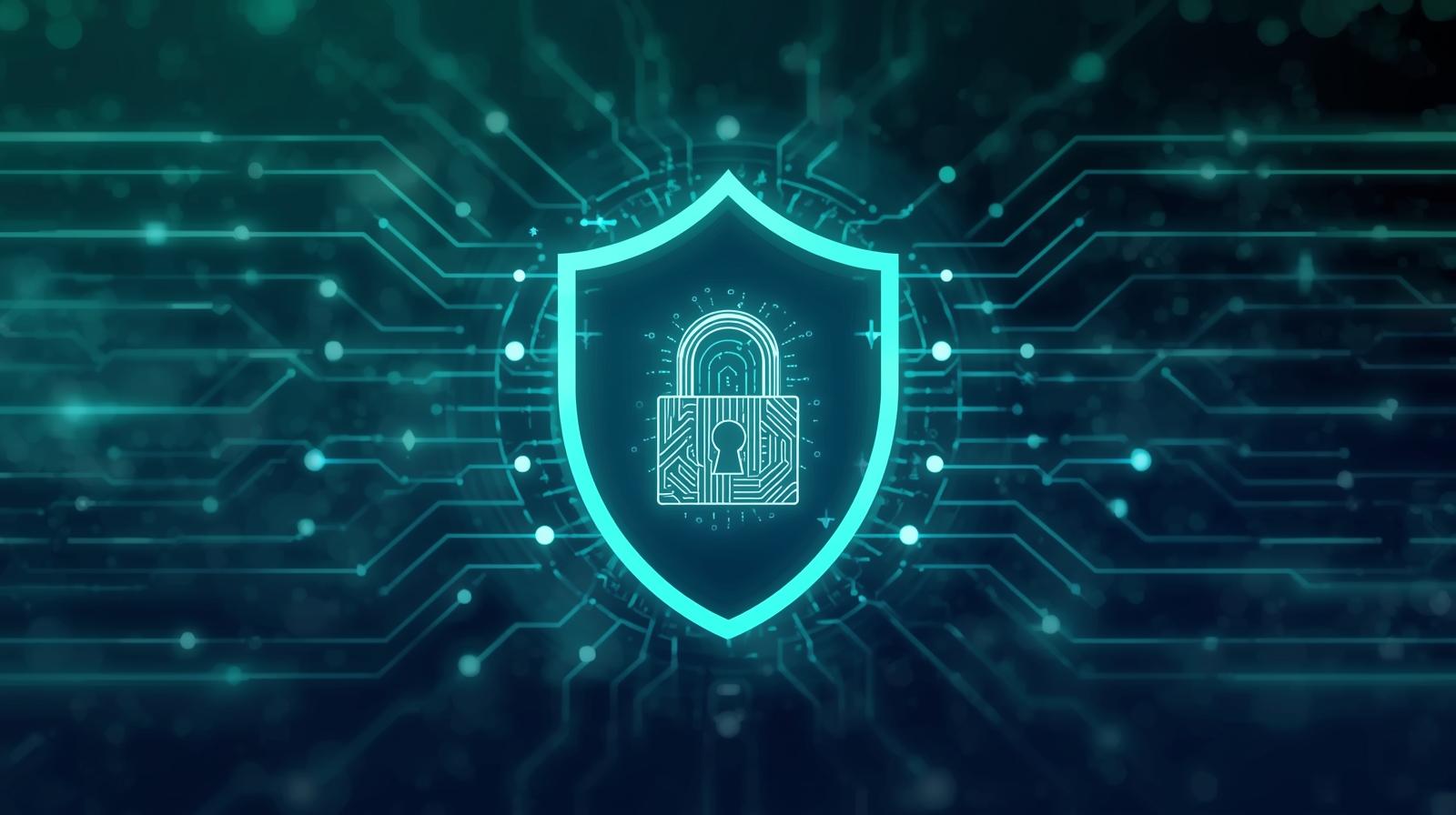Top Cybersecurity Certifications to Boost Your Career In 2025

What are some of the certificates that you should be looking at if you want to get better at cybersecurity? There's a whole range out there, but we're going to be covering my top five. Anyone who's aspiring to become a security analyst, an engineer, a manager, or maybe a CSO (Chief Information Security Officer) should get some of these. These are just going to be really good to add to your already existing skill set in tech.
So, Do You Want to Get Better at CyberSecurity?
What are some of the certificates that you should be looking at if you want to get better at cybersecurity? There's a whole range out there, but we're going to be covering my top five. Anyone who's aspiring to become a security analyst, an engineer, a manager, or maybe a CSO (Chief Information Security Officer) should get some of these. These are just going to be really good to add to your already existing skill set in tech.
Certifications That Can Enhance Your Cybersecurity Career
Some of these certifications are introductory, while others build on top of them. Some are more manager-focused, while others are designed for those who want to specialize in hacking and penetration testing. The following cybersecurity certifications are among the most common and highly regarded in the industry:

1. CompTIA Security+
This particular certification is completely vendor-neutral. It is not tied to a specific type of firewall or security product, but rather it is designed to validate foundational skills and knowledge in information security. To pass the Security+ exam, candidates must cover topics such as:
Threats, attacks, and vulnerabilities
Security technologies and tools
Architecture and design
Identity and access management
Risk management
Cryptography and PKI
To be eligible for this certification, you ideally need to have two years of experience in IT administration with a focus on security.
2. CISSP (Certified Information Systems Security Professional)
One of the most widely recognized and respected certifications in the world, CISSP is essential for those looking to advance in cybersecurity. It validates skills and knowledge required to design, implement, and manage information security programs. The CISSP exam covers topics like:
Security and risk management
Asset security
Security architecture and engineering
Communication and network security
Identity and access management
Security assessment and testing
Security operations
Software development security
To be eligible for this certification, you must have at least five years of relevant work experience in two or more domains. However, if you have a four-year college degree, you may qualify for a one-year experience waiver.
3. CISA (Certified Information Systems Auditor)
The CISA certification is more auditing-focused. It validates the skills required to audit, control, and monitor information systems. This certification is ideal for IT auditors, information security auditors, and IT professionals responsible for maintaining system integrity. The CISA exam covers:
Information systems auditing processes
Governance and management of IT
Information system acquisition, development, and implementation
Information systems operations, maintenance, and service management
Protection of information assets
Candidates must have at least five years of relevant work experience in information systems auditing, control, or security.
4. CISM (Certified Information Security Manager)
This certification is management-focused and designed to validate the skills required to develop and manage an enterprise information security program. CISM is ideal for security managers, CISOs, and IT consultants. The exam covers:
Security governance
Information risk management
Information security program development and management
Incident management
To earn this certification, you must have at least five years of work experience in information security, with at least three years in the domains covered in the exam.
5. CEH (Certified Ethical Hacker)
The CEH certification is designed to validate skills required to identify vulnerabilities and weaknesses in computer systems and networks. Ethical hackers use tools and techniques to protect systems from malicious hackers. Topics covered in the CEH exam include:
Network scanning and enumeration
Vulnerability analysis
System hacking
Malware threats
Social engineering
Denial-of-service attacks
Web application and server hacking
SQL injections
Wireless network hacking
IoT hacking
To obtain the CEH certification, you need at least two years of relevant work experience or must complete an authorized training course.
Hands-On Learning: The Key to Success
The best way to learn cybersecurity is by getting hands-on experience. Setting up your own cybersecurity lab with tools like Kali Linux can be a great way to practice hacking techniques and security testing. Building your own virtual machines to simulate attacks and defenses will help solidify your understanding of cybersecurity concepts.
Conclusion
If you want to become better at security, obtaining one or more of these five cybersecurity certifications can significantly enhance your career prospects. Some of them require prior work experience, while others can be pursued with basic knowledge and training. Let me know in the comments which of these certifications you are looking at getting, and once you've earned it, come back and share your experience!





















